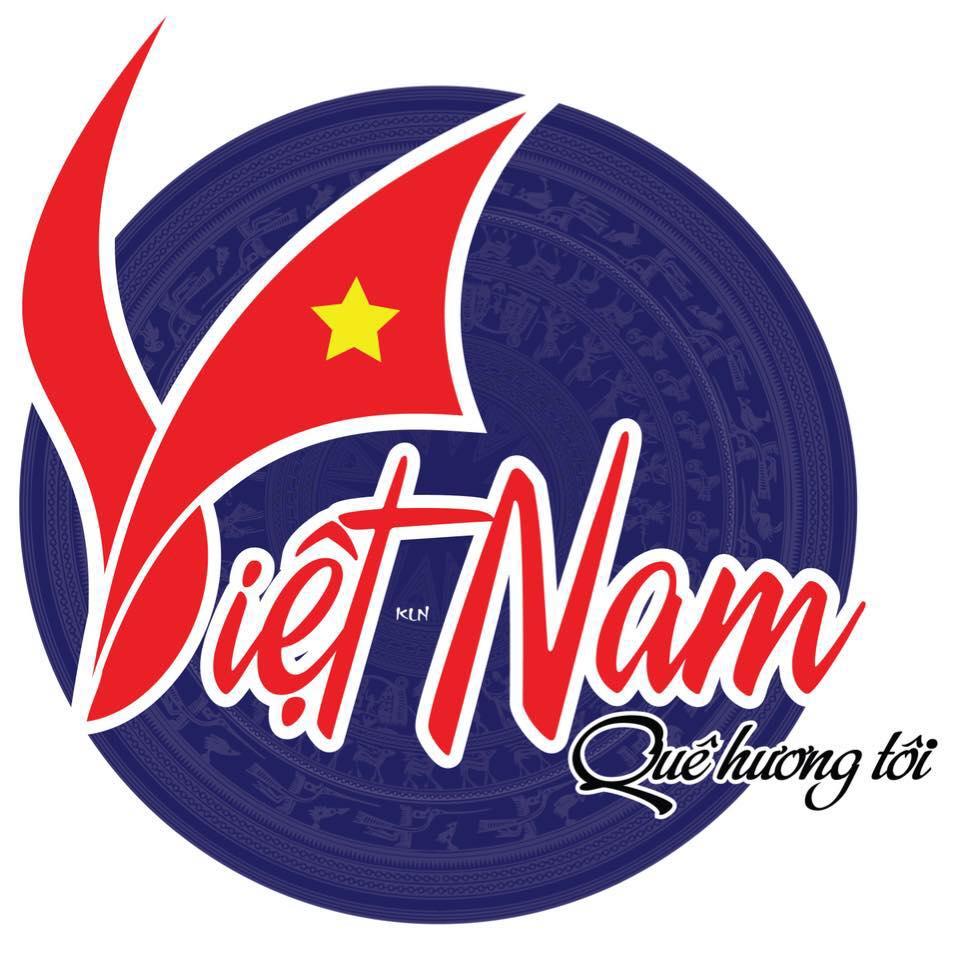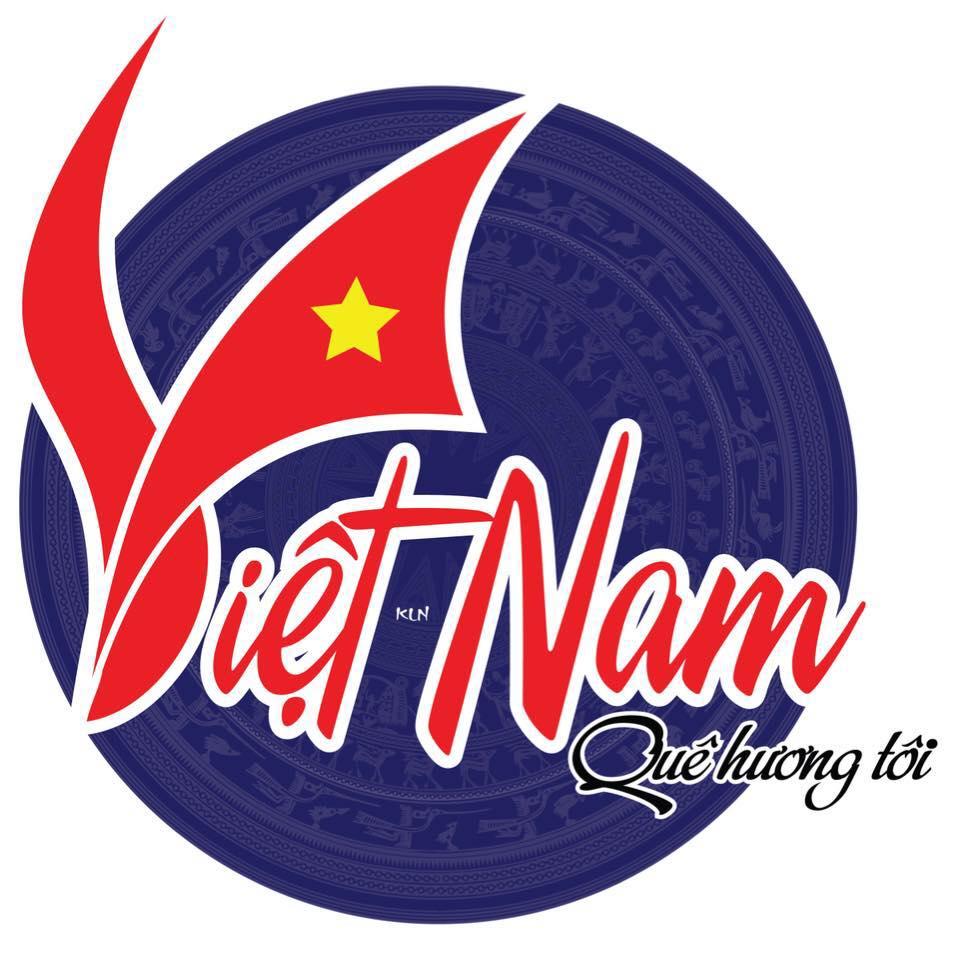Innovation and environmental consciousness are reshaping the United States Folding Carton Market at a remarkable pace. Folding cartons, which are paperboard-based packaging solutions, have become a preferred choice across sectors due to their combination of strength, recyclability, and customizability. Businesses are increasingly turning toward eco-friendly materials that align with corporate sustainability targets and consumer values. The growing aversion to single-use plastics further supports this transition.
The rapid rise of e-commerce and ready-to-eat food delivery services has contributed to a sharp increase in carton consumption. Folding cartons offer durability during transportation and strong branding opportunities through high-quality printing. Manufacturers are adopting innovative printing technologies and barrier coatings that enhance the protection of perishable goods while ensuring recyclability. This dual advantage—eco-friendliness and performance—positions folding cartons as a leading solution in the packaging market.
According to United States Folding Carton Market Outlook, the market is expanding steadily due to evolving consumer behavior and industrial advancements. With automation, robotics, and AI-based design optimization, manufacturers can produce highly customized cartons in less time and with minimal waste. Sustainability-driven innovation is not just an environmental necessity but a competitive differentiator, helping brands attract conscious consumers.
The outlook for the U.S. folding carton industry remains optimistic as companies continue to innovate in material composition and recycling infrastructure. Circular packaging initiatives and government incentives are likely to enhance resource efficiency and market penetration. Ultimately, folding cartons are more than a packaging choice—they represent the intersection of sustainability, technology, and consumer engagement shaping the future of packaging.


